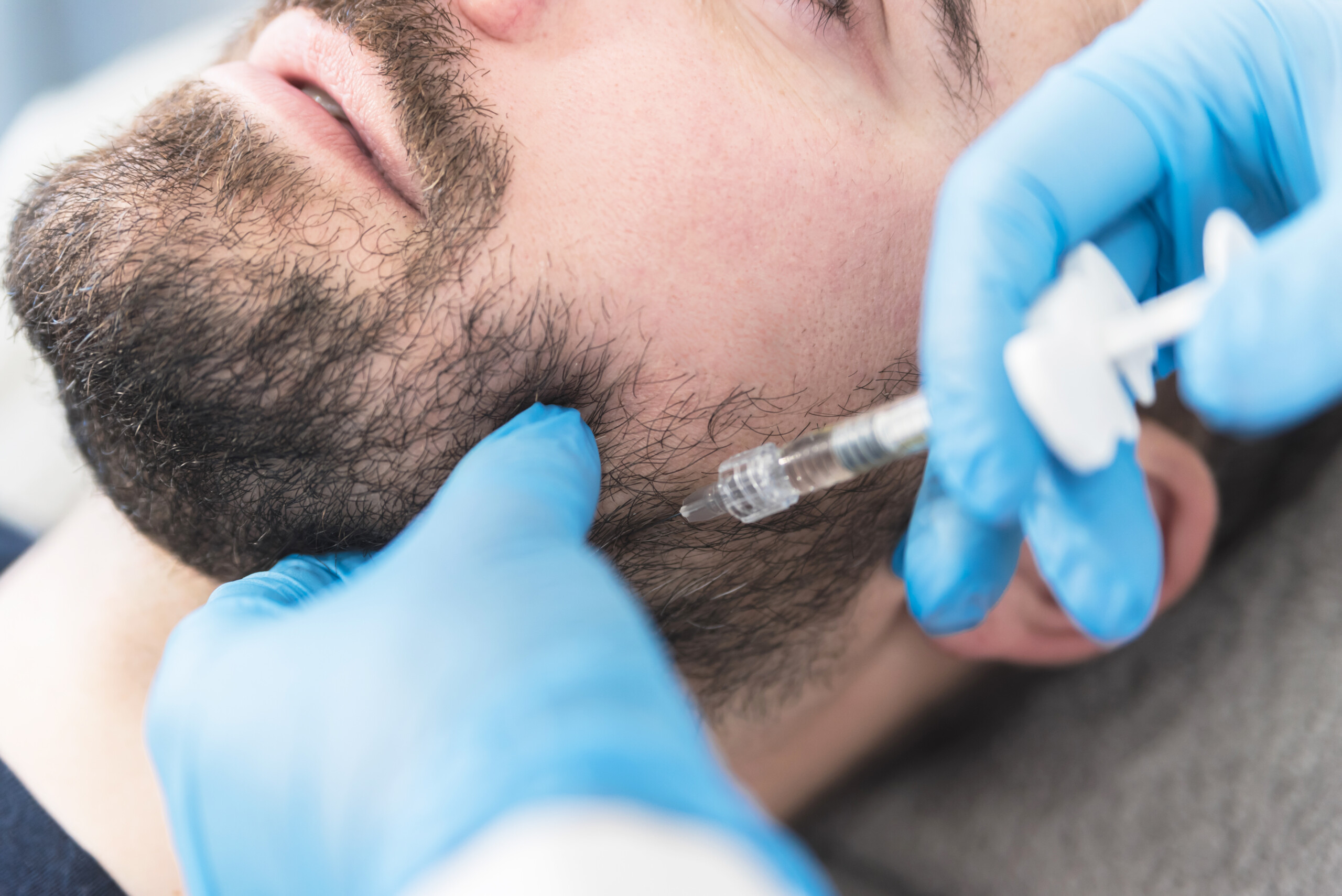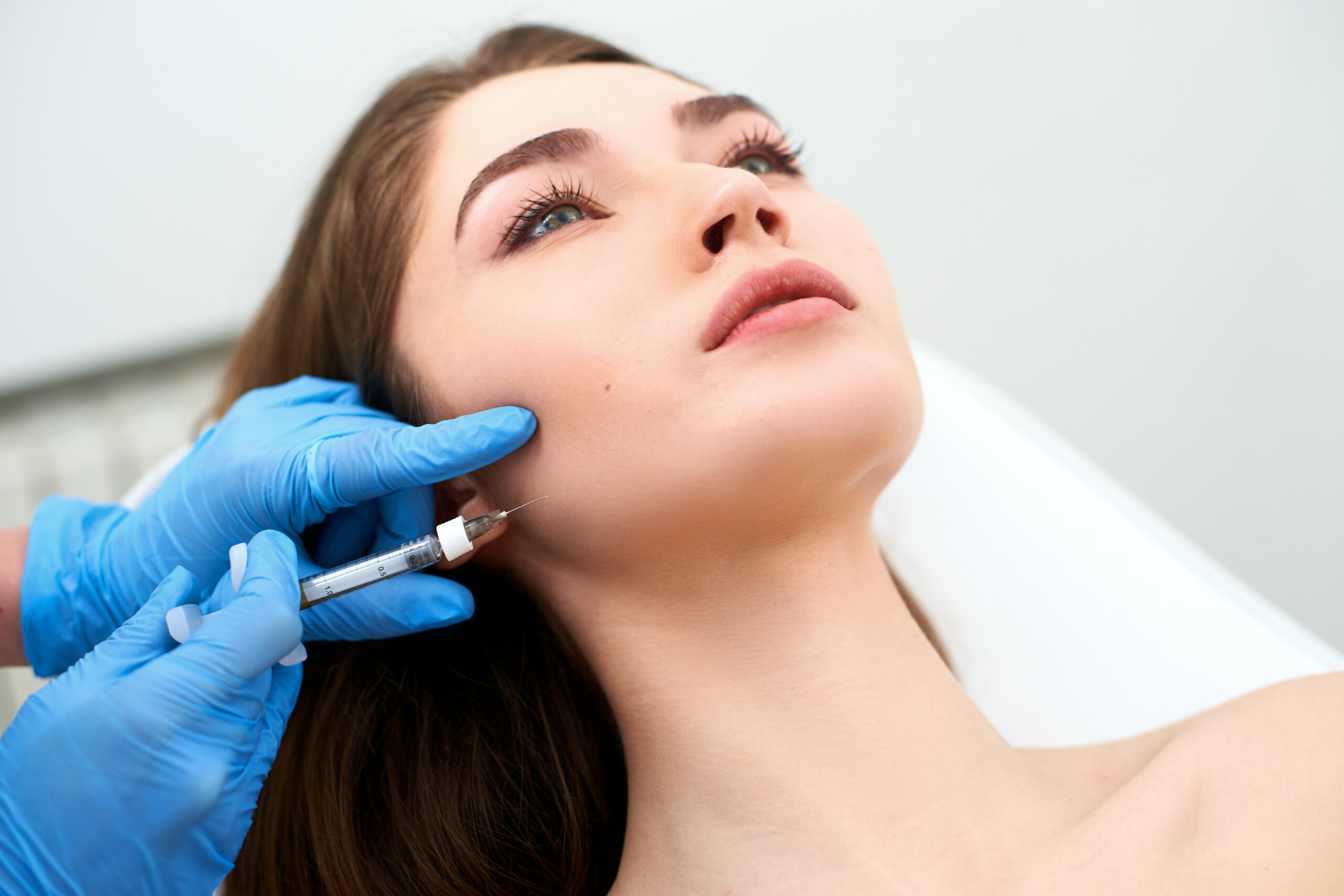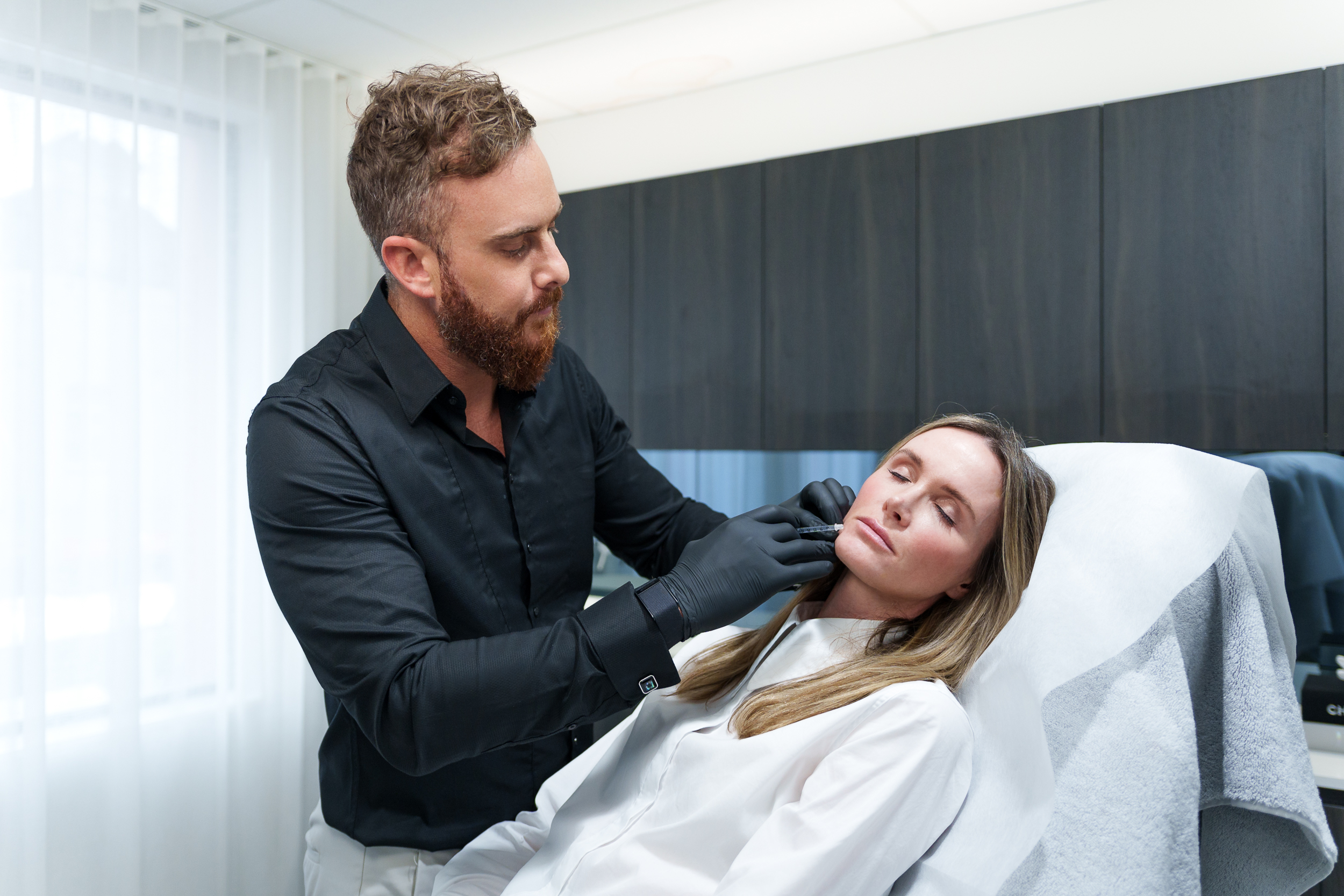As you read this, are you holding your jaw rigid? Is your tongue pressed to the roof of your mouth right now? Do you suffer from frequent headaches and searing pain in your jaw or ear area? Do you grind your teeth in your sleep, or clench your teeth together?
You could be suffering from TMJ disorder.
Anti-wrinkle has several benefits. Traditionally, we know it as a cosmetic injectable that helps to combat the appearance of ageing by relaxing the muscles that form wrinkles.
But did you know that it can also be used as a TMJ treatment? This injectable can help to relax your jaw and therefore lessen jaw tension and pain by stopping you from clenching and grinding your teeth.
When correctly administered, anti-wrinkle is an effective treatment to help alleviate the effects of bruxism and TMJ disorder, as it will help to inhibit the muscles that control all that clenching and grinding. It relaxes the masseter muscle (the one that controls chewing, clenching and teeth grinding) and prevents it from overworking.
If you’ve noticed your lower face starting to look wider, it’s likely due to the build-up of muscle bulk caused by those busy masseter muscles.
Muscle relaxing anti-wrinkle injections help to alleviate the overactive muscle. This will give your overworked masseter muscle bulk a chance to deflate, and so in addition to reducing jaw clenching, it also slims your jawline – a cosmetic bonus.




































 Face + Neck
Face + Neck  Body
Body  Laser
Laser  Skin
Skin  Concerns
Concerns